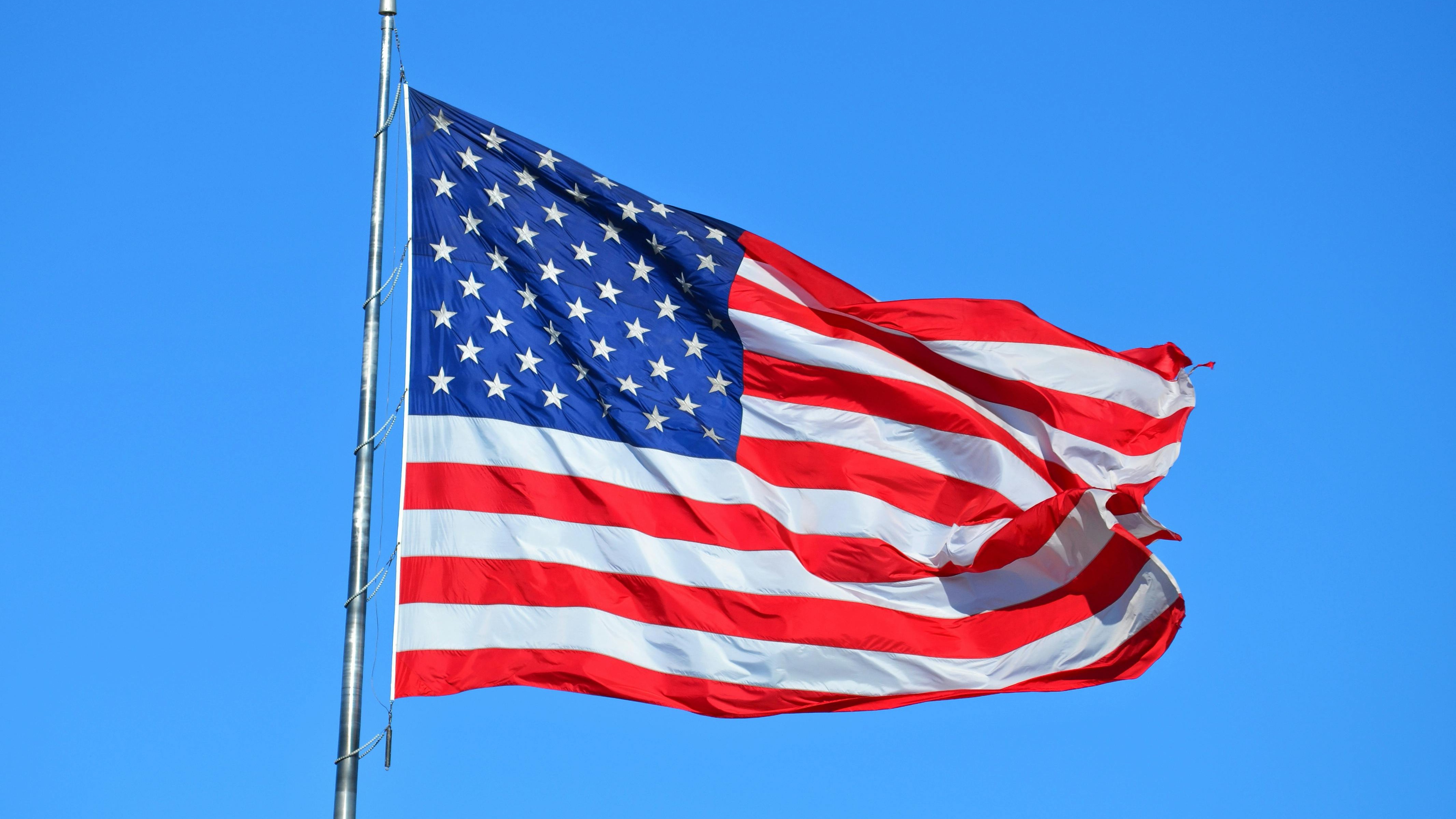
Why Culture Change in Military Leadership Matters
Transforming organizational culture is a hefty challenge in any setting, yet in military environments where tradition and hierarchy often reign supreme, it takes on an even greater significance. A former Battalion Commander highlighted the complexity of instilling a growth mindset within the 5th Ranger Training Battalion (RTB). His experiences underscore critical lessons that not only benefit military leaders but also can translate effectively into corporate and civilian leadership realms.
From Gatekeeping to Growth: Breaking Down Barriers
The pervasive "B NO" culture of Bravo Company at the 5th RTB exemplifies how a gatekeeping mentality can stifle potential. When instructors uphold the belief of being the final barricade to growth—embodying the ethos of 'No Go'—the entire organization suffers. In a business environment, such a restrictive mindset may lead to diminished morale and stagnant performance. It’s an essential lesson for active duty service members as well as business leaders. The culture of fear, rather than one of mentorship, limits the growth and evolution needed to adapt to changing demands.
Leadership and Buy-In: The Key to Transformation
The Commander’s realization—that authentic change requires buy-in from staff—serves as a poignant reminder that legislation and restructuring alone won’t catalyze a shift in culture. Military officers and corporate leaders alike must engage their teams, fostering an atmosphere where feedback is valued and voices are heard. This appears critical when hesitancy or resistance to change arises; it enhances trust and collective ownership over outcomes.
Courage in Command: Bridging Military and Corporate Culture
The lessons learned through this Commander’s lived experiences in military training hold universal relevance. In confronting the inertia of tradition, leaders must find ways to inspire courage both on the battlefield and in the boardroom. As the Commander discovered, aligning individual goals with the overarching aspirations of the unit or organization helps to effectively reshuffle priorities for collective growth. Leaders in business must similarly embrace values of resilience and shared purpose to foster a thriving culture.
Future Insights: What Lies Ahead for Military Leaders
The future of military leadership will depend significantly on a sustained effort to evolve organizational cultures that prioritize growth over rigid adherence to tradition. With initiatives like AristaValor, which emphasizes mentoring programs for veterans and helps integrate their lessons into civilian success, this is a topic that extends beyond military confines. Adopting principles of openness and flexibility will ensure that leaders are not just gatekeepers but rather cultivators of talent.
In understanding the transition from a culture of gatekeeping to one of growth, service members, corporate leaders, and their families can witness how leadership draws upon bravery, commitment, and adaptability. Drawing from historical contexts and real-life experiences of military heroism, the essence of courage becomes not just a statistic but a guiding ethos for all leaders.
Call to Action: Embrace the Transformation
Active duty service members, veterans, and leaders across sectors: acknowledge the role culture plays in your environment. Take decisive steps towards fostering a culture that values growth, mentorship, and collaboration. Doing so enhances not only individual performance but contributes to a healthier collective success story. Share your thoughts, experiences, and leadership stories with others in the community to collectively strengthen these vital commitments.
 Add Row
Add Row  Add
Add 




Write A Comment